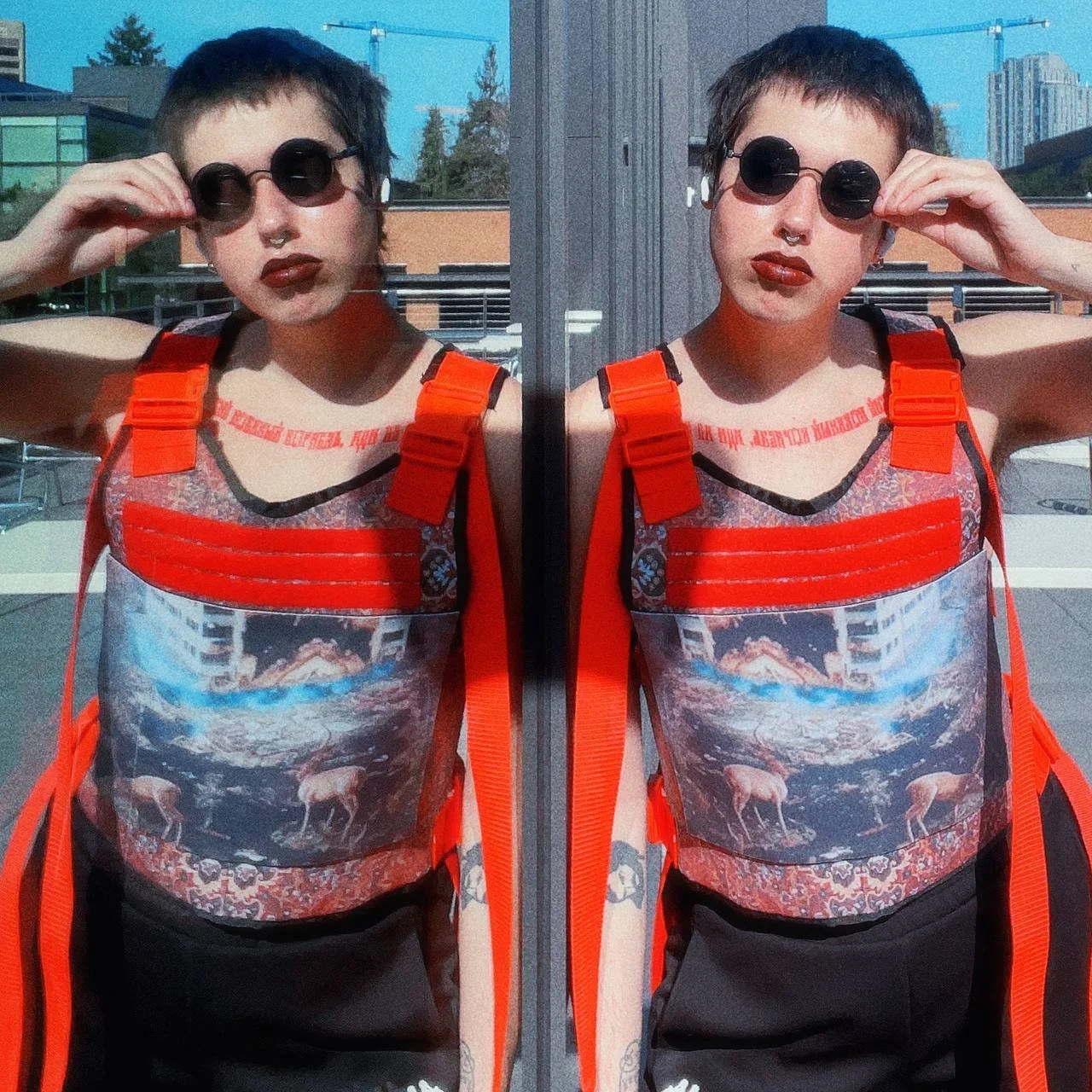A trans-local, offline web server that houses family oral histories within story cloth
The DXARTS SoftLab is a studio and an online platform whose mission is to examine the role of workmanship in artistic research, to redefine the use of crafting in the post-digital era, and to explore the body as an interface of control and resistance. It is part of the Department of Digital Arts and Experimental Media (DXARTS) at the University of Washington in Seattle.




















